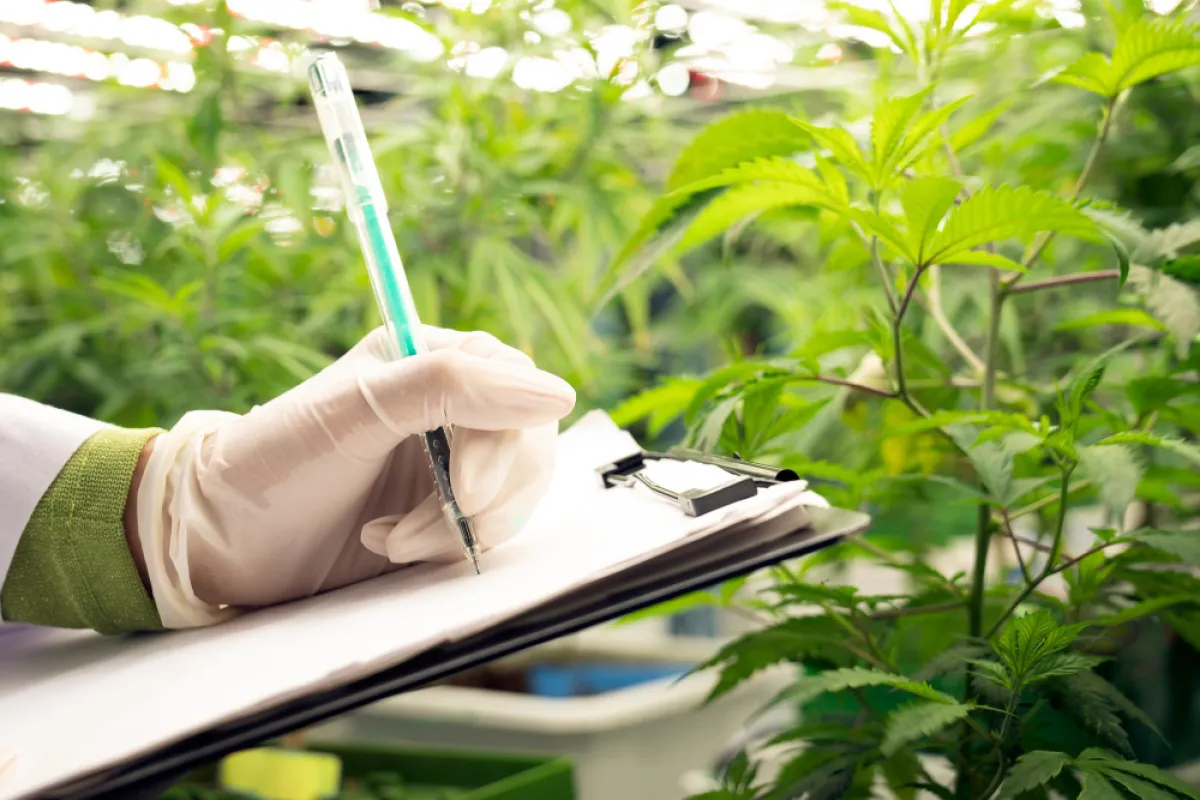To prevent the spread of plant pests from one country to another, it is essential to establish and enforce international standards for plant health and hygiene. Thailand, being a party to the International Plant Protection Convention (IPPC), is obliged to comply with these standards. Consequently, the country has instituted a system for monitoring plants, categorizing them into three types based on the level of control required. These categories include prohibited plants, restricted plants, and unrestricted plants. Specific carriers that may potentially introduce plant pests have also been identified to facilitate control measures. These standards apply to all kinds of plants including terrestrial plants, aquatic plants, and other types of plants. Therefore, the transfer of plants necessitates inspection and certification.
As part of this process, there are several supporting documents required for the issuance of a Phytosanitary Certificate for Re-export. These include:
- A valid identification card (1 original copy)
- A passport (1 original copy), required when the exporter does not have a residence in Thailand
- A legal entity certification (1 original copy), issued not more than 6 months prior to the document submission date. The applicant should provide the original copy on the day of application submission. All copies should be certified as true copies, and the purpose of the legal entity should be stated, with the entity's regulations attached, and the type of document use indicated. This applies in the case of a legal entity.
- An application for a Phytosanitary Certificate for Re-export (Form Por Kor 8) (1 original copy)
- A list of plant names attached to the application for a Phytosanitary Certificate for Re-export (Form Por Kor 8.1) (1 original copy)
- An annex to the application for a Phytosanitary Certificate for Re-export (Form Por Kor 8.2) (1 original copy)
- A permit to export prohibited or restricted plants or unrestricted plants from plant inspection stations, plant quarantine stations, vehicles, or any other places (1 original copy)
- An export permit for controlled seed trade (1 original copy)
- An application for plant health inspection and certification (1 original copy)
- A Phytosanitary Certificate from the country of origin (1 original copy)
- An Import Permit from the destination country (1 copy)
- A Bill of Lading or an Air Waybill (1 copy)
- A Letter of Credit or L/C (1 copy)
- A letter of intent to receive a system user code (1 original copy)
- A power of attorney (1 original copy), with all copies certified as true. This should be accompanied by a copy of the ID of the person granting the power of attorney.
The fees involved are categorized as follows:
-
- Fee for the Phytosanitary Certificate for Re-export: 100 Baht per certificate.
- Fee for the Substitute Phytosanitary Certificate for Re-export: 50 Baht per certificate.
- Overtime charges for officials working outside of regular hours.
Note: Overtime charges apply when officials are required to perform tasks on public holidays, outside of normal working hours, or outside of their usual work locations:
- On public holidays and outside of the usual work location, the first hour, including travel time, is charged at a rate of 150 Baht per person. Each subsequent hour is charged at a rate of 50 Baht per person.
- Outside of normal working hours and outside of the usual work location, the first hour, including travel time, is charged at a rate of 150 Baht per person. Each subsequent hour is charged at a rate of 50 Baht per person.
- Outside of the usual work location but during regular working hours, the first hour, including travel time, is charged at a rate of 120 Baht per person. Each subsequent hour is charged at a rate of 40 Baht per person.
Vehicle costs as per the 1964 Plant Quarantine Act and its amendments are to be reimbursed at actual cost.
Data updated on May 17, 2023.
Source: The Digital Government Development Agency
Tel. +66 2612 6060
